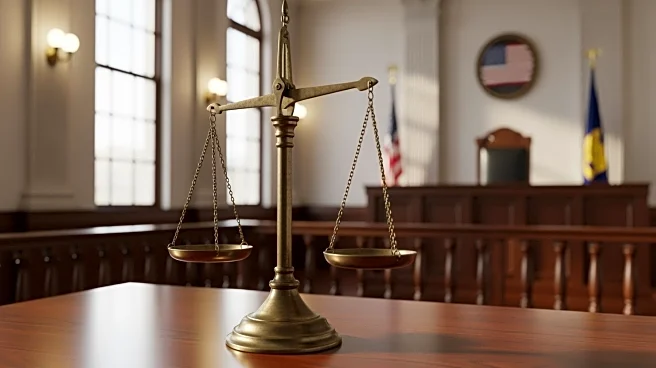What's Happening?
The U.S. Supreme Court is set to hear arguments regarding President Trump's use of the International Emergency Economic Powers Act (IEEPA) to impose sweeping tariffs. Treasury Secretary Scott Bessent announced he will attend the hearing, emphasizing the case's
significance to the Trump administration's economic policy. President Trump, who initially considered attending, decided against it to avoid distractions. The case questions whether Trump overstepped federal law, with lower courts previously ruling against his authority under IEEPA but leaving tariffs in place pending the Supreme Court's decision.
Why It's Important?
The outcome of this case could significantly impact the scope of presidential power in economic matters, particularly concerning trade policy. A ruling in favor of Trump could reinforce the executive branch's ability to unilaterally impose tariffs, affecting international trade relations and domestic industries reliant on imports. Conversely, a decision against Trump might limit presidential authority, potentially leading to a reevaluation of existing tariffs and influencing future trade negotiations. Stakeholders, including businesses and foreign governments, are closely monitoring the case due to its potential economic implications.
What's Next?
If the Supreme Court rules against the Trump administration, it could prompt a reassessment of current tariffs and necessitate new legislative or executive actions to address trade policy. The administration has indicated alternative strategies are in place should the court's decision be unfavorable. The ruling could also influence future administrations' approach to using emergency powers for economic purposes.














